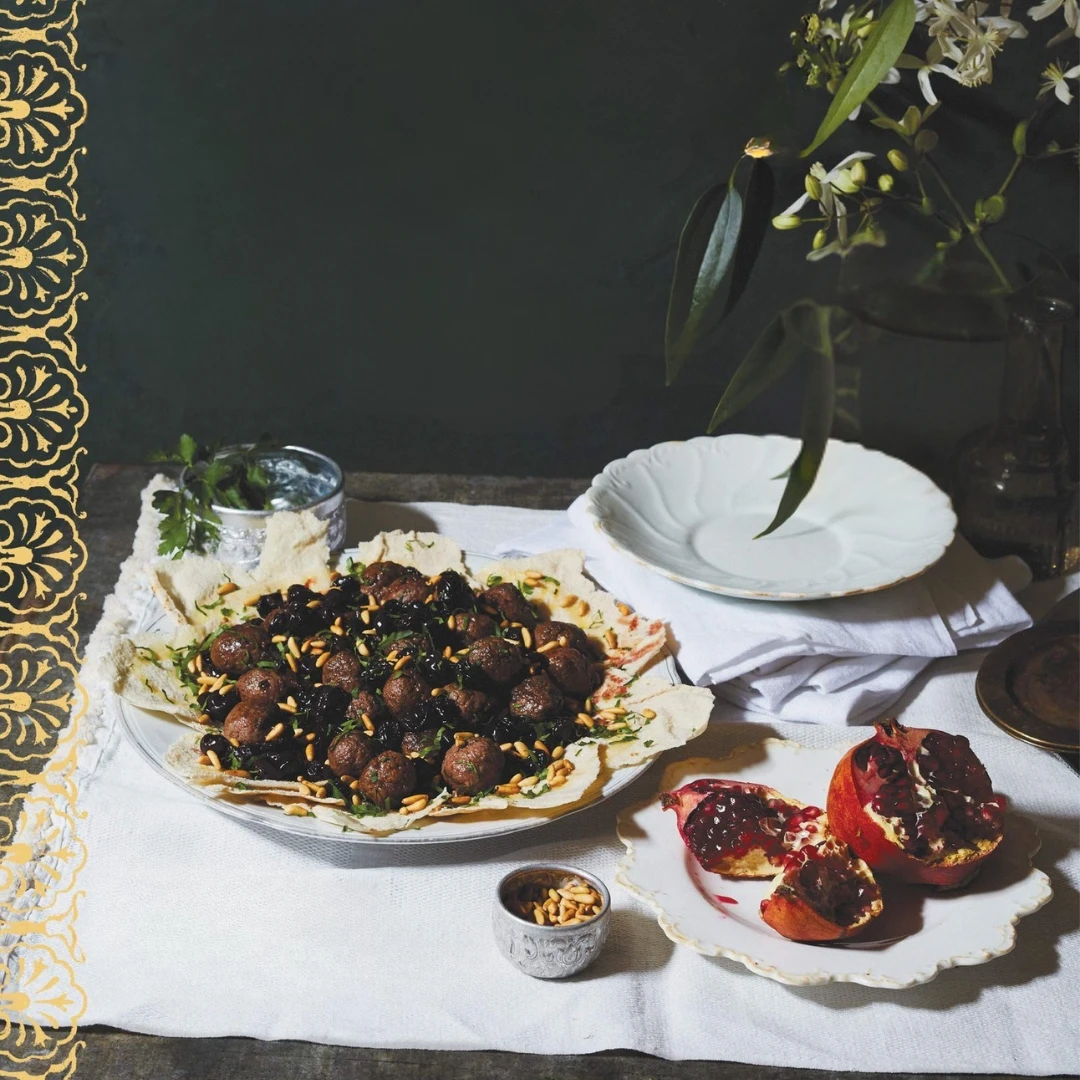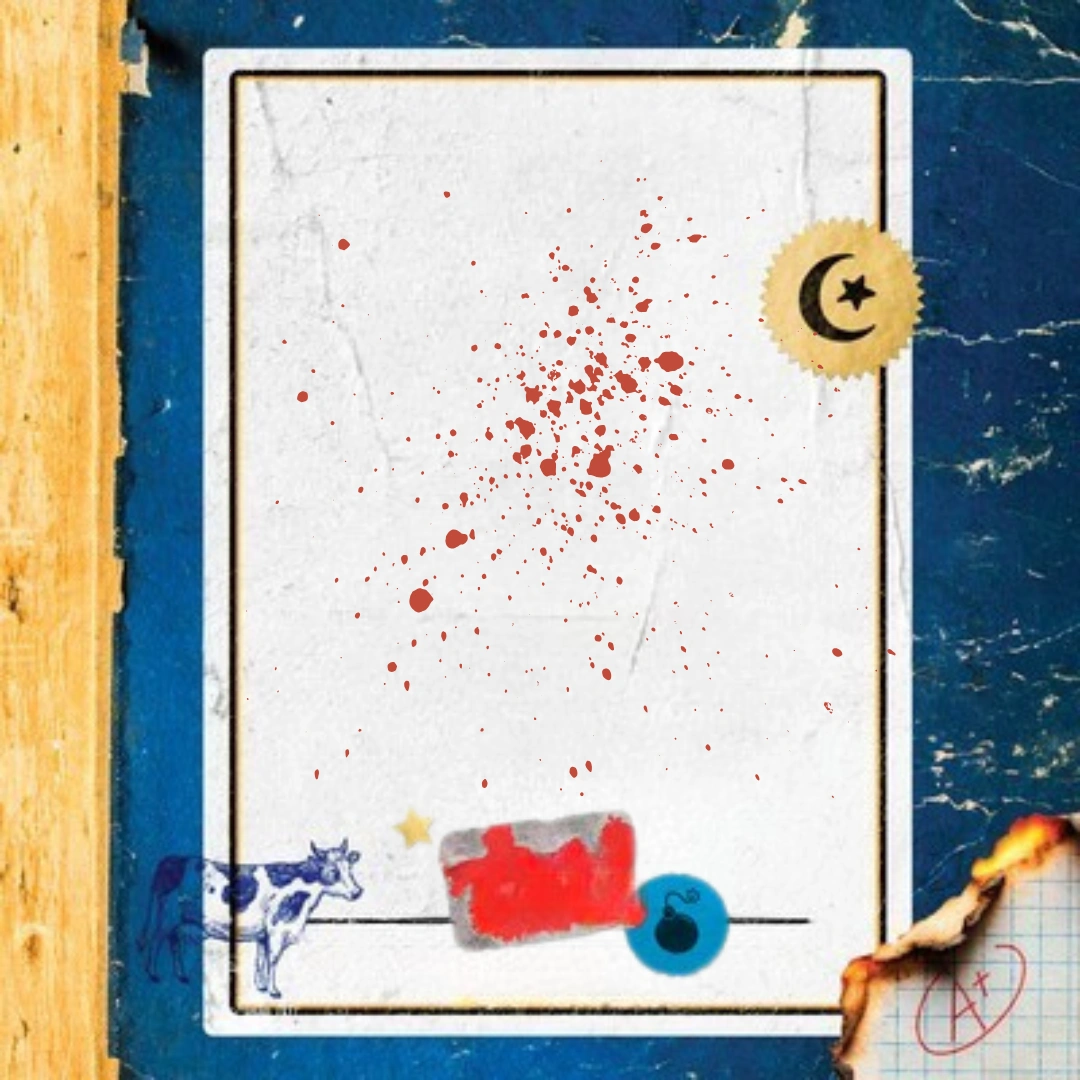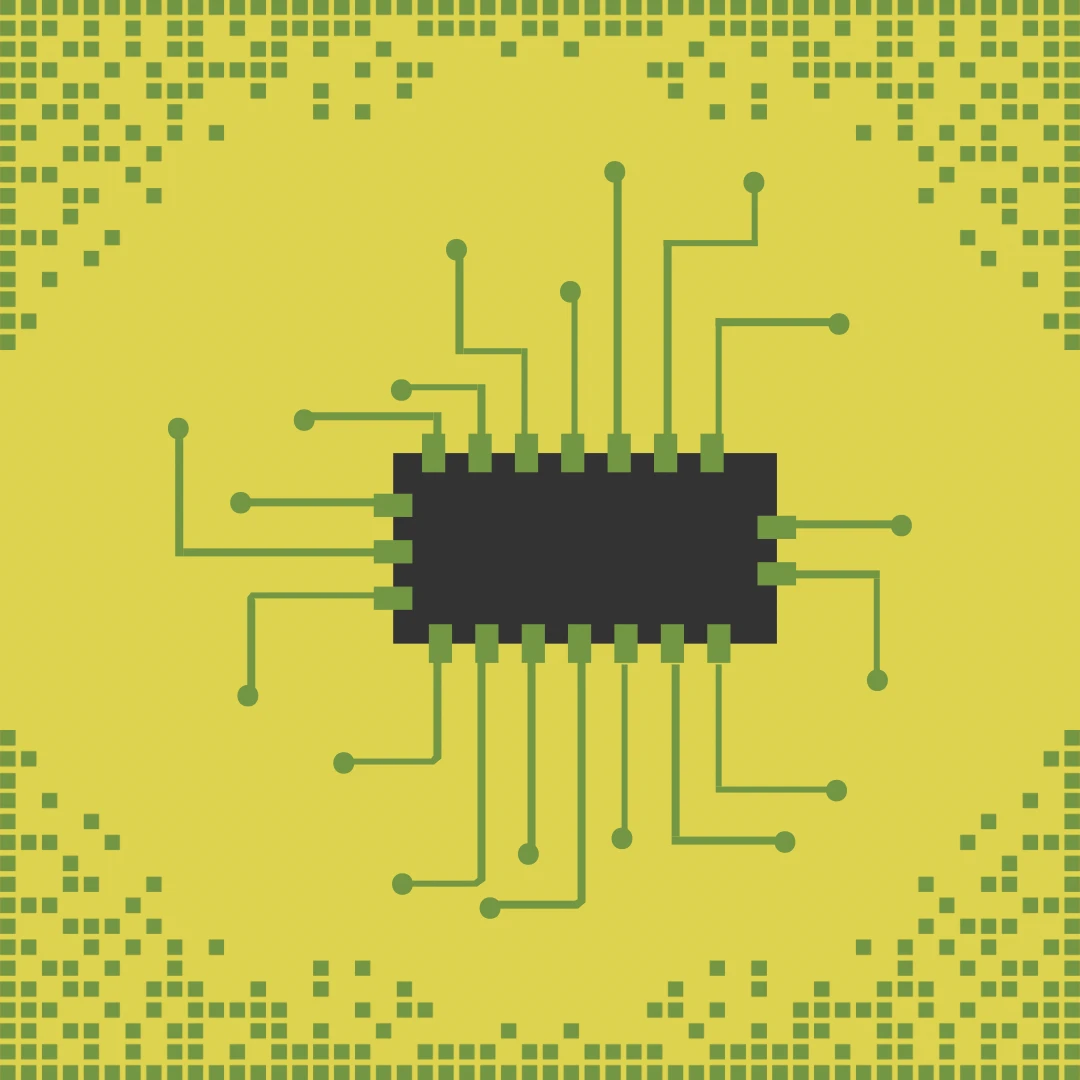Shazaf Fatima Haider is a Pakistani novelist currently based in the UK. Her first book, How It Happened, was published in 2012. A lively, hilarious account of love, weddings and the ties that bind revolving around the Bandian family, How It Happened was a burst of joyful fresh air; a novel that treated the travails of relationships with humour and frank honesty. Haider’s second novel, A Firefly in the Dark, took a different direction. Published in 2018, Firefly is a young adult book, following Sharmeen and a very surprising friend of the family: a jinn called Jugnu. A Woman on a Suitcase (2024) is Haider’s latest novel, published in Pakistan by Liberty Books and elsewhere by Penguin. Continuing with Haider’s signature interest in family and friendship, and delivered with wry wit, A Woman on a Suitcase is a warm, candid and moving book about marriage, and the end of it, A Woman on a Suitcase is delicately observed and robustly refreshing, and quite unlike anything else in the current zeitgeist of Pakistani writing and about women, joy and pleasure in particular. Here Mina Malik sits down with Shazaf to talk about the book, writing, friendships and more.

AWS is your third novel. Why wasn’t it your first?
I wrote my first novel, How It Happened, after my father’s death and eventual divorce six months later. I was miserable and angry and didn’t have the distance needed to write about it. What I did need was a family and a good laugh. I had already started HIH at university and when I returned to it, it saved me. I rediscovered humour within me and after dealing with a lot of difficult men, I rejoiced in the comforting presence of that infuriating matriarch in a black gharara – Dadi. I needed her strength and stubbornness and also the ridiculousness of her rules. I often think all my dead grandmothers came back to embrace me in that novel. It has always felt like a tight hug.
What is the significance of Jameel Khan, Seema’s father, and his obsession with the sea?
Thank you for asking about Jameel sahib. He represents all the men I have known who have sacrificed their dreams to be traditional providers. He wanted a life at sea, but his mother didn’t allow it – she needed a cash cow and a substitute husband. She wanted him married, but she wanted to keep him to herself – hence she couldn’t even let him sleep alone with his wife (this is based on a true story). She needed to be the main woman in his life – she chose his wife and kept him on a tight leash. He is the novel’s greatest victim – not Seema – because he had no outlet. After his mother’s death, Seema’s mother took up the position of discontented tormentor. I think his swallowed rage drives him to dementia. He dies alone and unforgiven, even though he lived most of his life for other people.
The scene between Seema and Maliha about being ill-treated is so important – that unless you’re beaten, it’s not abuse, and that being treated badly is normal. How was your experience of writing the grey areas that women struggle to pinpoint and yet feel so acutely?
One of the things that I knew I wanted to write about was emotional abuse, which is glorified in Pakistani marriages. This is perhaps the most autobiographical element of the book – when I wanted to leave, I was repeatedly asked why I was “bailing out” of a perfectly good marriage. Did anyone hit me? No. Then? If I said that I couldn’t breathe, I was a drama. If I said my mobility was restricted, that was redefined as protection. When I was given a whole wardrobe of extra-large clothes, even though I was a size small, it was seen as incredible generosity. But I knew what it was – an attempt to drape me in ill-fitting clothes as a form of pardah for my body without having to put me in a burqa. All this was control, and it should not be normalized.
AWS is many things – supportive, candid, hilarious. Tell me what it isn’t.
It’s not a revenge novel. It is not about punishing a family that tried to hurt and punish me for who I was. I made sure I had reached a point of forgiveness and release before I attempted to write this story, because I didn’t want it to be an ugly tale of a bitter woman. Do you know how you recover after a tragedy – be it divorce or death? It is to pursue happiness and pleasure. Happiness is the best revenge, and I pursued mine relentlessly. I wrote, I travelled, I rode horses and fell off them. I ate lots of gulab jamuns. I bathed in the ocean. I grasped every avenue of pleasure and jubilation that I could until my rejoicing had outgrown the grief and misery of my father’s death and my divorce. After my daughter and twins were born and I had known the deepest kind of love – only then was I ready to revisit the old memories and turn them into a story that I hope is as nurturing as it is devastating.
Were there aspects of the writing that made you nervous to write it, especially given how readers are quick to conflate the narrator with the author? I think about this often: to what extent are Pakistani writers, particularly women, writing in English (which narrows the readership), constrained by self-consciousness?
I really wanted to make sure that I wrote a story without an ounce of malice in it. This was more important than anything else. This is why I want to point out that this is not a story about my ex-husband or his family. It is not a story about my family or me. But as to everything else, I was pretty fearless, and this is not because I’m brave, but because I live in a distant bubble. I don’t live in Pakistan, for example. I write from the security that my husband and mother, who are the two people whose approval matters most to me, have given me. But other than that, I let my readers make of my story what they will. They often say, “So when you walked out with the suitcase” I often have to smile and interrupt and say, “You mean Seema.” I take this as the biggest compliment because if the story comes alive to them in any way that is real, then it’s done its job. About pleasure and chapter 17 – no one talks to me about it but I think a lot of women have realised that I am a woman who has experienced much pleasure and look at me with a bit of curiosity rather than judgment. I am happy to be known as a well-sated writer.
One aspect of AWS that I particularly enjoyed was the way it describes, with great care and empathy, several kinds of marriages and ways to love someone, and how the way the wives operate inside a relationship is very different to how the men do. Tell me a little more about writing the husbands in the book.
I think the only marriage that is happy in this book is that of Maliha’s parents – with the biryani and post-dinner walk and the interest in conversation. All the other marriages are toxic. Sommaya’s is perhaps the most toxic with her silence, and Ameen is crude in the way that he beats Muneera up. The ‘love’ between Ba Jee and Ma Jee is the result of complete control, domination and co-dependence on Ma Jee’s part.
Seema’s experience of her life and struggles expands and diminishes with the quality of the friends that surround her, including her mamoo Fauzi. What is the importance of friendship - or the absence of it - in the book?
You know, friendships are hard. I think female friendships are difficult, especially when subject to husband-approval. I have made fun, in How It Happened, of how Grammarians flock together to the exclusion of everyone else. But there is a similar dynamic with married couples – they become this sort of amoebic mass where everyone loses their individual identity. I have seen the dynamic time and again – there is a dominant couple that everyone looks up to – there are lots of parties where the women do most of the work while the men gather around and make offensive jokes. Someone occasionally plays a guitar. There are multiple cups of tea and sometimes paan. Someone is commissioned to do a qawwali night. It is so predictable and tedious – but throw a divorced woman into the mix and everyone recoils. Even in the most liberal circles, she becomes a potential husband stealer. Or she can prove infectious and inspire other women to walk out. This is what happens to Seema, but because the novel is from her point of view, I didn’t have the opportunity to depict this dynamic fully. The rejection from her friends is a blessing, however, because it allows her to rediscover her real friends – her cousin and her uncle, who give her the gift of space, time and acceptance. This is what happened to me and to many other women I have known. The best and truest friendships I have experienced are by single and divorced women, who are still my tribe. Everything else pales in comparison.





